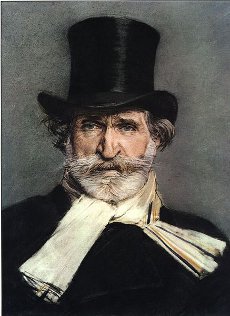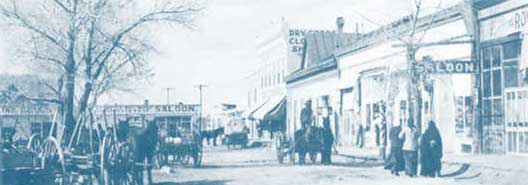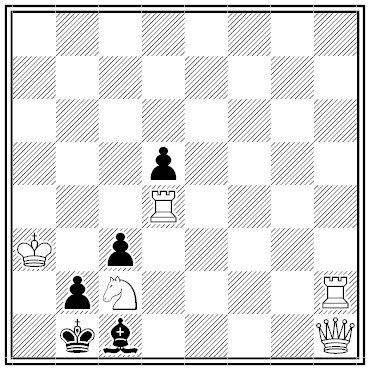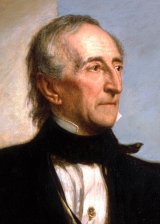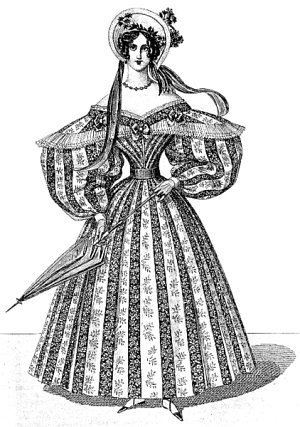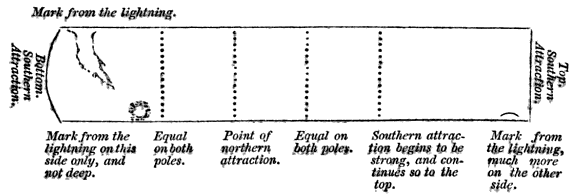This is an appeal by the Crown by way of a stated case from a decision of the magistrate acquitting the accused of a charge under the Small Birds Act, R.S.O., 1960, c.724, s.2. The facts are not in dispute. Fred Ojibway, an Indian, was riding his pony through Queen’s Park on January 2, 1965. Being impoverished, and having been forced to pledge his saddle, he substituted a downy pillow in lieu of the said saddle. On this particular day the accused’s misfortune was further heightened by the circumstance of his pony breaking its foreleg. In accord with Indian custom, the accused then shot the pony to relieve it of its awkwardness. The accused was then charged with having breached the Small Birds Act, s.2 of which states:
2. Anyone maiming, injuring or killing small birds is guilty of an offence and subject to a fine not in excess of two hundred dollars.
The learned magistrate acquitted the accused holding, in fact, that he had killed his horse and not a small bird. With respect, I cannot agree.
In light of the definition section my course is quite clear. Section 1 defines “bird” as “a two-legged animal covered with feathers.” There can be no doubt that this case is covered by this section.
Counsel for the accused made several ingenious arguments to which, in fairness, I must address myself. He submitted that the evidence of the expert clearly concluded that the animal in question was a pony and not a bird, but this is not the issue. We are not interested in whether the animal in question is a bird or not in fact, but whether it is one in law. Statutory interpretation has forced many a horse to eat birdseed for the rest of its life.
Counsel also contended that the neighing noise emitted by the animal could not possibly be produced by a bird. With respect, the sounds emitted by an animal are irrelevant to its nature, for a bird is no less a bird because it is silent.
Counsel for the accused also argued that since there was evidence to show accused had ridden the animal, this pointed to the fact that it could not be a bird but was actually a pony. Obviously, this avoids the issue. The issue is not whether the animal was ridden or not, but whether it was shot or not, for to ride a pony or a bird is of no offence at all. I believe counsel now sees his mistake.
Counsel contends that the iron shoes found on the animal decisively disqualify it from being a bird. I must inform counsel, however, that how an animal dresses is of no consequence to this court.
Counsel relied on the decision in Re Chicadee, where he contends that in similar circumstances the accused was acquitted. However, this is a horse of a different colour. A close reading of that case indicates that the animal in question there was not a small bird, but, in fact, a midget of a much larger species. Therefore, that case is inapplicable to our facts.
Counsel finally submits that the word “small” in the title Small Birds Act refers not to “Birds” but to “Act”, making it The Small Act relating to Birds. With respect, counsel did not do his homework very well, for the Large Birds Act, R.S.O. 1960, c. 725 is just as small. If pressed, I need only refer to the Small Loans Act, R.S.O. 1960, c. 727, which is twice as large as the Large Birds Act.
It remains then to state my reason for judgment, which, simply, is as follows: Different things may take on the same meaning for different purposes. For the purpose of the Small Birds Act, all two-legged, feather-covered animals are birds. This, of course, does not imply that only two-legged animals qualify, for the legislative intent is to make two legs merely the minimum requirement. The statute therefore contemplated multi-legged animals with feathers as well. Counsel submits that having regard to the purpose of the statute only small animals “naturally covered” with feathers could have been contemplated. However, had this been the intention of the legislature, I am certain that the phrase “naturally covered” would have been expressly inserted just as “Long” was inserted in the Longshoreman’s Act.
Therefore, a horse with feathers on its back must be deemed for the purposes of this Act to be a bird, and a fortiori, a pony with feathers on its back is a small bird.
Counsel posed the following rhetorical question: If the pillow had been removed prior to the shooting, would the animal still be a bird? To this let me answer rhetorically: Is a bird any less of a bird without its feathers?
— Anonymous, collected in Amicus Humoriae, ed. Robert M. Jarvis, Thomas E. Baker, and Andrew J. McClurg, 2003

